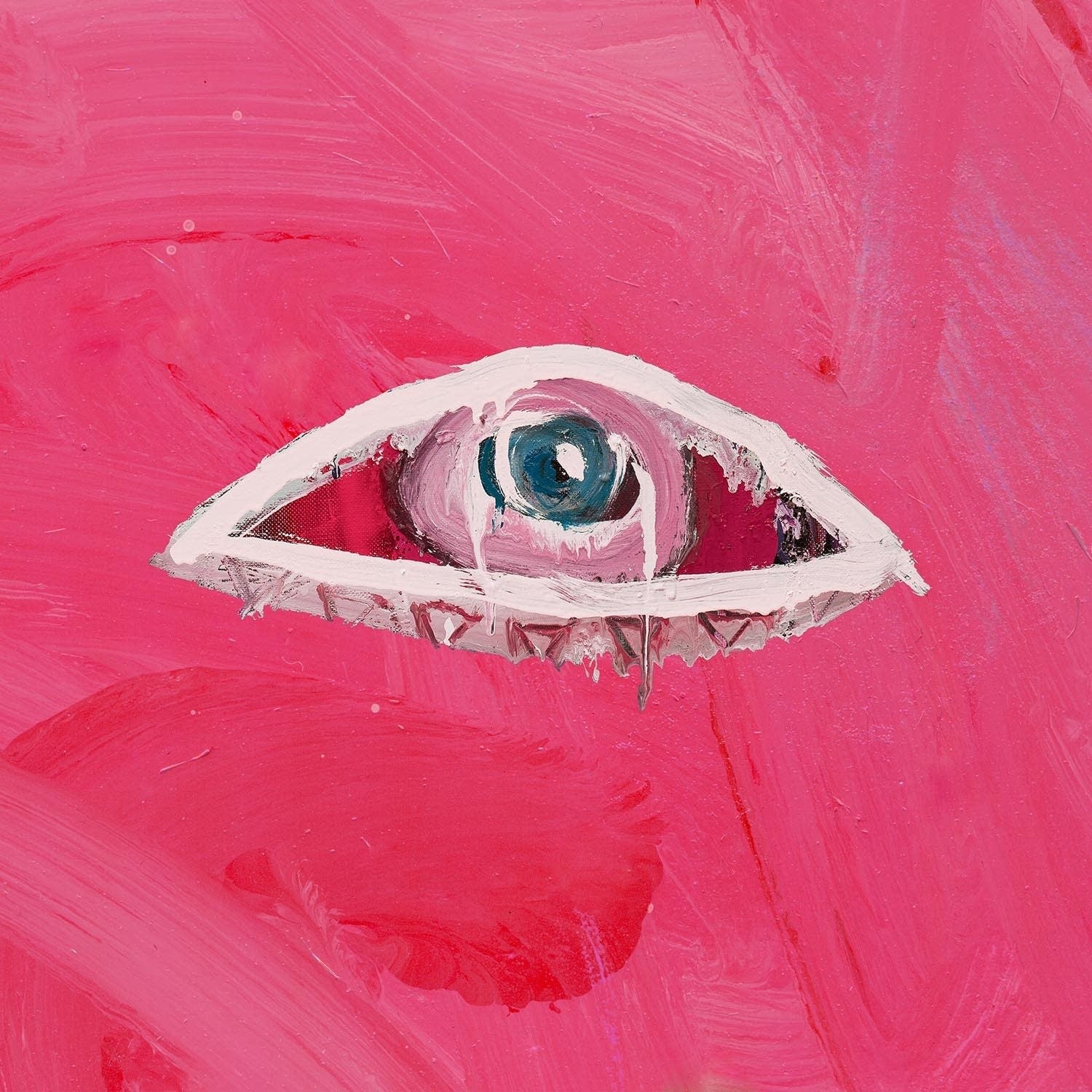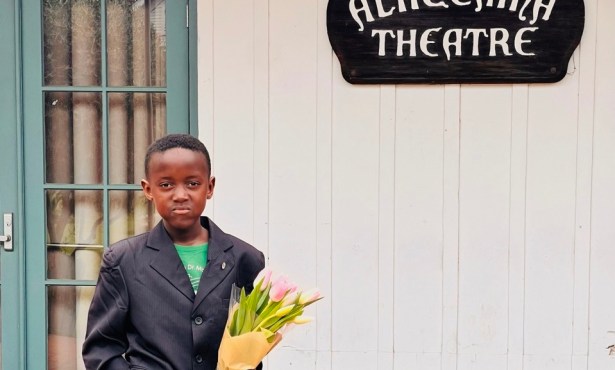Of Monsters and Men Play S.B. Bowl
Icelandic Band Debuts New Songs From ‘Fever Dream’

Icelandic hitmakers Of Monsters and Men are back with a new album, and on Thursday, September 19, they will share their sound at the Santa Barbara Bowl with opener Lower Dens. Known for hits such as “Little Talks,” their new record Fever Dream takes a slightly more synth-based, moody vibe. I spoke with guitarist Brynjar Leifsson about the new material, life in between touring, and changes in Iceland.
How have fans and audiences been reacting to the new material? They have been reacting really greatly. Even though it’s only been maybe almost two months since we released it, you can see the crowds singing along to the newer songs, and that’s really nice.
Did you feel pressure to live up to your previous work? No, not really. It’s been three years since we toured, so we kind of just laid back and were working on music, with everybody making individual progress. We just kind of figured, we haven’t done anything for a while, maybe we should go through the demos and see what we’ve got. There was no pressure at all. … We certainly took our time with it, and really just did exactly what we wanted to do and what felt right to us.
What new approaches did you take for your guitar sound? I got really into ’80s music, Phil Collins and all the way to the Cocteau Twins. On the last two albums I’ve had a lot of really big atmospheric sounds; on this I tried to delve and see what else was in there, to see what I could do so it would not be too stale. I’m keeping myself interested in what I’m doing. In the last couple of years, I’ve been buying synthesizers a lot and really got into that, too.
The album has a mellow vibe on a lot of songs. Were you in a chilled out or reflective mood during the process? Maybe. In the sense that it could have been reflective for me, it would be like, you’re on tour and everything was really hectic, and you’re traveling everywhere for 18 months — and then you come home, and there’s this peace. There’s no heavy schedule in front of you. You’re in this empty vacuum. It’s pretty strange. We had our schedule from 10 in the morning to 10-11 at night, every day and all around the world, and then you come home and you’re like, what do I want to do?
How else did you fill your time, besides music? Ah, we all have our regular boring lives. I renovated my apartment. I used to be a carpenter and had to get back to my tool box back again. Once me and my bud were done with that, it was familiarizing myself with and developing our sound, and reading books.
I hear Iceland has really blown up over the last few years with tourism. Has it radically changed from what you can see? Yeah, I think definitely. Between tours, it’s like, after those months you always see a little bit of change, and now the tourist thing is crazy. It’s great, but it’s such a dramatic difference. There used to be three hotels in Reykjavik, but now they’re popping up everywhere. What I really like with what’s happening is there are a lot of great restaurants, because now you suddenly have people you can fill a restaurant with. I mean, of course, with everything it has good stuff and bad stuff, but there are more positives than negatives.
One of my favorite bands growing up was Sigur Rós, who seemed to me to have a pretty insular sound reflective of their landscape. Would you say your musical education had a lot of influences from outside Iceland, or no? My dad was my first influence for me in music, letting me listen to ’60s and ’70s bands like the Kinks and got me into that really early on. Then I went to music school and I listened to some jazz there, and I was listening like mostly indie and arty bands early Animal Collective stuff, smaller indie acts in Iceland, Sigur Rós. For me it was, like, everything. I went through a hip-hop phase, I’ve been through a metal phase. I got a really broad spectrum in the music when I was growing up, so a mix of everything.
I think most of us these days enjoy a little bit of a lot of things. I think that when I was growing up, just before Spotify and all that was coming around, people were more stuck in their ways of “I like this kind of music and I can only listen to that,” and if you had friends you all listened to this kind of music, and maybe if you liked something else and you were shamed. Now people are more like, it doesn’t matter what you listen to, you can be whatever. People aren’t stuck in the indie kids listen to this, or the metal kids can’t listen to that. I think that’s good.
What’s been the biggest change energetically or in the band’s creative mission since your first album? I think on the first album, we were such a weird mix of people. Me and Nanna used to be in school together, then Raggi, he was her friend’s friend or something like that, and I didn’t know the drummer or bass player. On the first album, we had not that really strong of vision. We played a lot of shows, got more structured in what we’re going to do, we all know what we want to do and where we want to take our music.
What would you say you’re most proud about new album? I think that we actually just did what we felt was right. It might have alienated some people that are diehard fans, but I’m just really proud of the album that we made, because it’s exactly what we wanted to do. Just to mix it up a little bit, to be excited about what we are doing.
4•1•1 | Of Monsters and Men play Thursday, September 19, at the Bowl. See sbbowl.com



